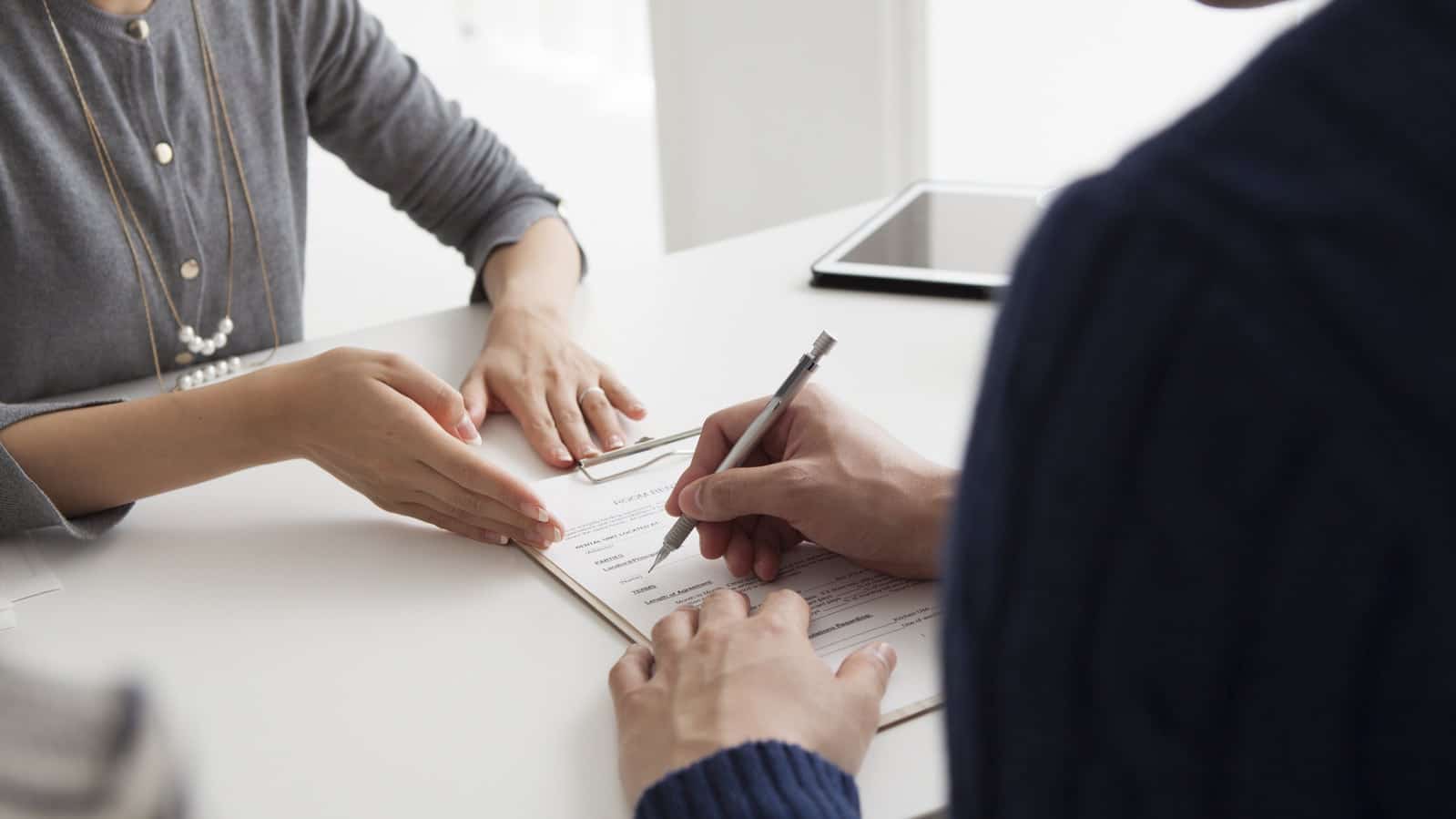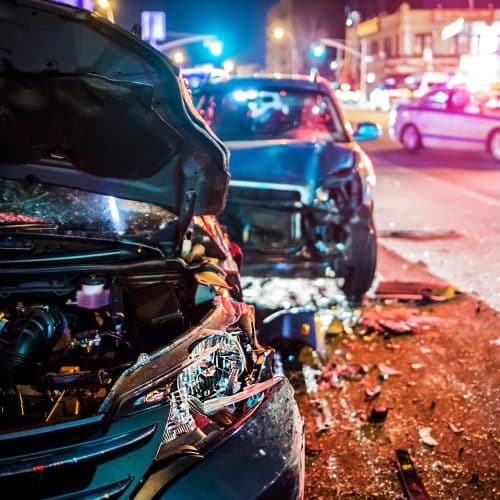Once you get a settlement or judgment after a car accident case, money is not automatically transferred to you in some circumstances. Actually collecting on your judgment from a judge or jury can be a challenge. Your car accident attorney will be a vital asset during the collection process.
Difference Between Payments for Settlements and Judgments
When you settle with the other side for a sum of money in your car accident case, you are much more likely to simply get a check or other form of payment for the funds. This simple process occurs because the other side has told you what they are willing to pay. This compromise is much more likely to result in a payment that the other side can actually afford. This is particularly important if the opposing party is an individual (as opposed to an insurance company).
Settlements are usually paid within 20 to 30 days after a compromise has been reached. The settlement agreement will often set out a specific time frame that one party must pay the other. If the settlement is not paid, the agreement also usually lets you add interest to the payment in addition to the lump sum.
When you get a judgment from a judge or jury, the decision maker is essentially forcing the other side to pay you a sum of money. Their decision-making process does not consider what the other party is willing to pay or how much money they actually have. This can make collecting on the judgment difficult.
The other side does not have to pay a judgment until the time for filing for a new trial and filing an appeal has passed. The period in which the other side can request a new trial is usually between 10 and 15 days. Although the time to appeal may vary depending on the case, it is generally between 30 and 60 days from the date of the judgment.
If the case is appealed, the other side likely does not have to pay the judgment while the appeal is pending.
Collecting a Judgment from an Insurance Company
Car accident claims usually involve insurance companies. Although insurance companies can be a headache to deal with, they are better when it comes to collecting judgments because they almost always have the funds to pay the judgment. Insurance companies are also aware of the potential penalties if they do not pay on time, unlike individuals.
If you are dealing with an insurance company, you can expect a check for judgment within 15 to 45 days after the time for appeal has passed. It may be faster if the insurance company knows for sure that it will not appeal the judgment.
Collecting a Judgment from an Individual
If the individual (or even an insurance company) does not pay on time, you can collect on your judgment through a variety of methods, including garnishing a bank account or wages, or filing a lien on the individual’s property. Your car accident attorney will be able to help you with this process to increase your chances of getting paid the full amount of your judgment. Contact Jim Glaser Law today at 781-689-2277 or fill out our online form to request a free case evaluation.

















